Choosing enterprise software is a key decision that will affect the operation of your business for many years to come. What features should a modern system include to truly support the growth and efficiency of your business? We’ll introduce you to 7 critical features that a modern business can’t do without.
1. Automation of routine processes
What this means in practice:
- Automatic document generation
- Processing invoices without manual input
- Automatic payment matching
- Bulk operations on data
Practical example:
A company that rents wagons has reduced the processing time of one invoice from 20 minutes to just 2 minutes thanks to automation. The system automatically recognizes the data from the invoice, puts it into the correct category and prepares it for posting.
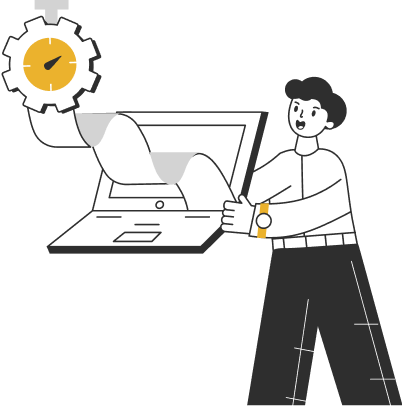
2. Integration with other systems
Key integrations:
- Accounting systems
- E-shops and CRM
- Banking systems
- External databases
- Hardware (readers, printers, scales)
Why it’s important:
E-shop and wholesale of electronic components, thanks to the interconnection of systems, eliminated manual transcription of data between different platforms, leading to significant time savings for administrative staff.
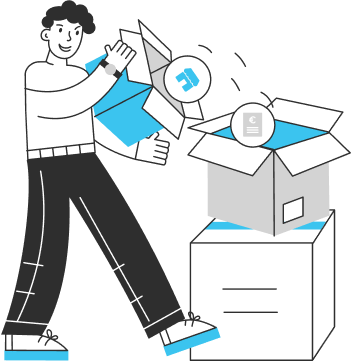
3. Mobile access and responsiveness
Basic requirements:
- Access from anywhere and from any device
- Full-fledged work on mobile or tablet
- Offline mode for field work
- Data synchronization
Real benefit:
Service technicians of a company specializing in garage doors can fill out service reports directly in the field and have access to all the necessary information.

4. Advanced user rights management
What the system must allow:
- Detailed setting of access rights
- Different levels of permissions
- Change history tracking
- Possibility to define an approval workflow
Practical impact:
The company, for the automation of production processes, thanks to the precise setting of rights, has ensured that each employee sees only the data relevant to his work, which has increased the security and clarity of the system.
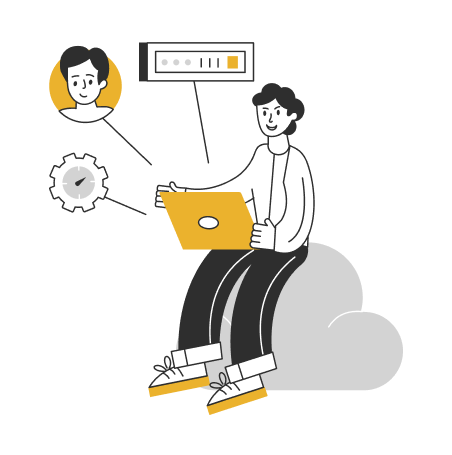
5. Analytical tools and reports
Key Features:
- Customizable dashboards
- Detailed reports and statistics
- Export data in a variety of formats
- Automatic report generation
Business benefit:
Management gets instant visibility into key metrics and can make quick, informed decisions based on up-to-date data.

6. Automatic backup and security
Essentials:
- Regular automatic backups
- Data encryption
- Two-factor authentication
- Access tracking and logging
Why it’s critical:
Data loss or a security incident can cost a company millions. A modern system must provide maximum protection for company data.
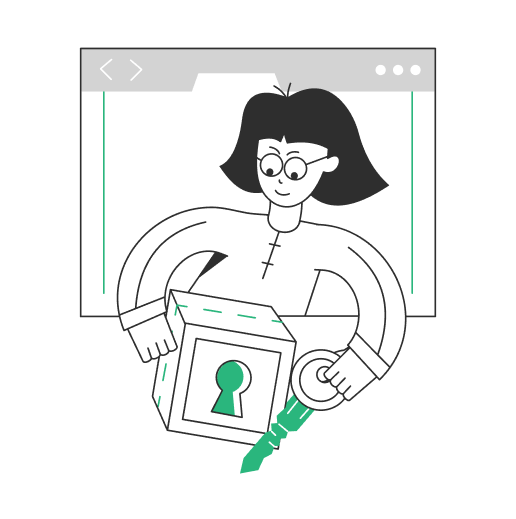
7. Scalability and expandability
What the system should allow:
- Adding new modules
- Modifications according to changing needs
- Expanding the number of users
- Connecting to new systems
Practical example:
The company started with invoicing automation, but thanks to the scalability of the system, it can gradually add more modules in the future, for example for logistics and fleet management.

How to know that the system meets all the requirements?
Checklist for selection:

Automation
- Can the system process documents automatically?
- Does it offer bulk operations capabilities?
- Can it automate repetitive tasks?
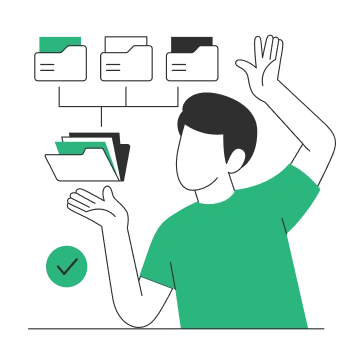
Integration
- Is it possible to link with your accounting system?
- Does it allow connection to other systems in use?
- Does it have an open API for future integrations?

Mobility
- Does the system work on all devices?
- Is the control adapted for mobile phones?
- Does it allow offline working?

Rights and security
- Can user rights be set in detail?
- Does it offer multiple levels of security?
- Is regular backups provided?
Conclusion
Modern enterprise software should be more than just a replacement for paper records. It should actively contribute to process efficiency, data security and business growth. When choosing, focus not only on current needs, but also on future development.
What not to forget:
- The system must grow with your business
- Data security is a priority
- Integration saves time and eliminates errors
- Mobile access is a standard, not a luxury





